How to Handle an Emergency: Kid Edition
Heroes don’t necessarily always wear capes or happen to come with superhuman strength. Sometimes they are the people that you would least expect. There are countless stories over the years of young people who stepped up and did the unimaginable when it mattered the most during an emergency situation.
After all, you just never know when an emergency will happen and there’s no guarantee that they’ll be an adult present when as a parent you put together your emergency contingency plans.
Would your children know what to do if there was a fire or someone they loved collapsed on the floor not breathing? If not, that’s okay! Most children wouldn’t, but I have several tips that you should know about so that you would know what to teach the younger members of your family. Keep reading to find out how to handle an emergency: kid edition.
Note that the post is written as if a child is reading it, so apply the ideas accordingly.
How to Handle an Emergency: Kid Edition
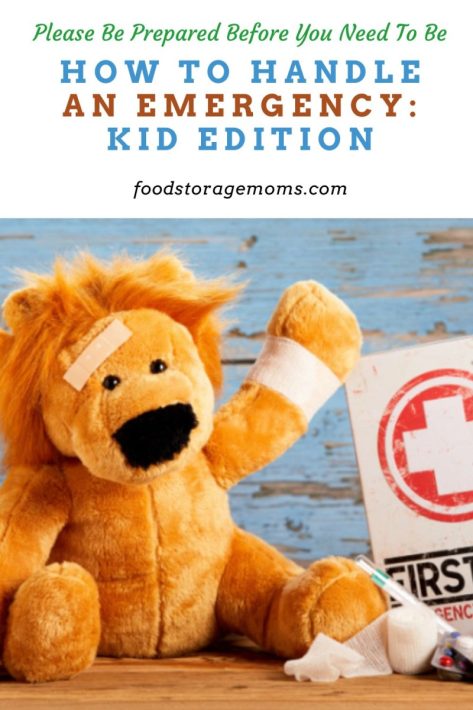
Try to Stay Calm
As hard as it may be for you to do so, try your best to stay calm. Panicking is only going to make the situation worse because you won’t be thinking clearly. Remember to take a deep breath and try your best to relax and relieve as much anxiety as possible.
The injured person is depending on you to be at your very best, especially while you’re talking with the 911 operator. Kids may have a difficult time learning this first step, but it’s vital! You can try some role playing techniques as you practice how to react in an emergency. We don’t know how long it might be before the police or others respond, so do your best to keep the situation under control.
Call 911
The most important thing that any kid should know how to do when it comes to an emergency, is how to call 911. Although it may not seem like you’re doing a lot for the injured person, it could make all the difference in the world. These are a few things that you’ll need to know how to do when talking with the operator. Reverse 911 Emergency Notification System-Please Sign Up Today
- Tell the operator what the emergency is.
- Be able to explain what happened and who is hurt.
- Be as detailed as you can.
- Tell them your name and where you’re located (the current address where you are).
- Follow the instructions that the operator gives you.
- Don’t hang up (stay on the line until the emergency crews arrive).
Stop and Look
When you notice that a friend or family member is injured, has a seizure, isn’t responsive, etc., it’s normal to want to immediately rush over and try to help them. But don’t! At least not right away anyway. First, make sure that you or someone else has called 911 and that help is on the way.
Then, look around and see if the scene is safe for you to approach. There’s the possibility that you could end up severely or fatally injured if you fail to stop and look. There may be fallen power lines, harmful chemicals, or other issues that could put your health and safety at risk. Let the experts like the paramedics handle things once they arrive.
For instance, if you notice that your friend is struggling to stay afloat in your backyard pool so you jump in to try and save them without realizing that there’s a fallen power line, both of you could drown as a result. In scary situations like this, it’s best to wait for a grown-up or an emergency team to arrive. What’s In Your First Aid Kit?
Stay with The Injured Person
Once someone has called 911 and the scene is safe for you to approach, stay with that injured person until help arrives. Once you notice the sirens, close by, if you have others with you, have someone alert the emergency crews where the injured person is.
Also, don’t try and move or help that person back on their feet because they may be having a seizure, suffering from a broken hip or neck due to a fall, or even another broken bone somewhere else. Trying to move them could make the injury even worse. Do try to comfort them as much as possible. That may include talking with them as best you can.
Once they get to the emergency department at the hospital, the attending physicians will not what steps are needed to help. Emergency room (ER) staff are trained to deal with these situations, that is their role. The necessary critical care is their primary concern, and each medical facility is there to make a difference. Uncommon First Aid Items We Should All Have
If the person who needs attention is young, there are also child care providers who understand the unique medical services that may be required. The nurses also have pediatric training to deal with young patients. Pediatric emergencies are often difficult to deal with since the young person might not follow your instructions and may be hysterical. Let the pros handle things since medical services are their specialty.
Being Prepared for an Emergency: Kid Edition
Being prepared for an emergency is the very best way to know how to keep a handle on the situation. That way you’re able to know what to do ahead of time so that you’re able to stay calm and in control without there being a reason to panic.
While you can’t predict every emergency that may present itself, there are a few things you could learn to help you with a lot of them. The following are key ways to help you learn how to handle an emergency: kid edition:
Learn Basic First Aid
I’d also encourage young people to take basic first aid classes, whether it’s offered in school, by Boy or Girl Scouts, at the YMCA, or by some other organization. That way you know how to handle common injuries and emergencies that you might face in your day-to-day life.
Some of the things that you’ll learn are how to be able to perform CPR if someone isn’t breathing, or how to help someone that may be choking on something.
You’ll also learn a couple of methods on how to stop excessive bleeding when a person becomes seriously injured. It’s important that you also understand emergency preparedness and know where the emergency kit is! Role-playing is a great way to help you understand and learn basic first aid in any disaster situation.
If the person needing care is a family member, let the first responders know about any medications that member may be taking, if you’re aware. If there are any questions, show them where your family normally keeps medications.
Have a Meeting Place
Unfortunately, natural disasters and school shootings are becoming more common in the world we now live in. That being said, it’s a good idea to have an emergency plan in place.
Whether it’s identifying the best places to meet up if you get separated from your family or friends at a large event like a concert or sporting game, having contact information for everyone in your group stored on their cell phones, or knowing what to do when severe weather hits and people need to take shelter.
There are many types of emergencies (hurricanes, earthquakes, tornadoes, severe thunderstorms, etc.), but it’s so important that you know about the family emergency plan and know about the meeting place(s) you may have established as a family. Although you may get anxious from even talking about these issues, it’s vital that you and your older siblings know how to handle these issues!
Final Word
Just because you’re young doesn’t mean that you can’t make a huge difference during a life-or-death situation. By being prepared for situations like these, you will be better equipped to handle an emergency situation should one arise.
So remember to stay calm, stop and look before acting, and learn as much as you can about first aid so that you can help those that you love when they may be depending on you.
What are some other emergency tips that young people should know about? I’d love to hear from you! Remember, if you have any more questions, the Federal Emergency Management Agency (FEMA) can answer any questions you may have on children and emergencies! May God Bless this World, Linda
Copyright Images: Teddy Bear First Aid AdobeStock_189152485 by exclusive-design

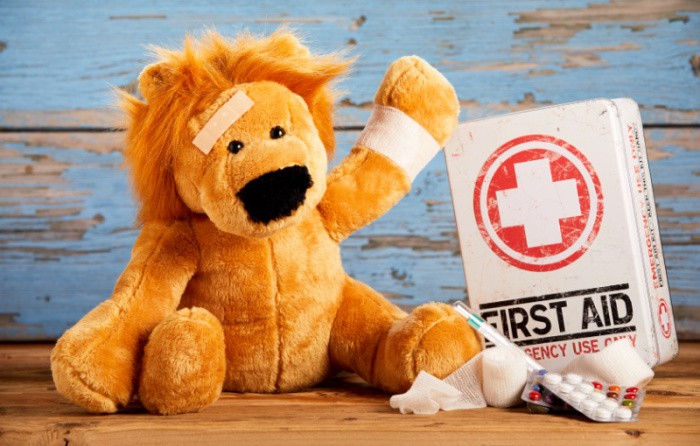

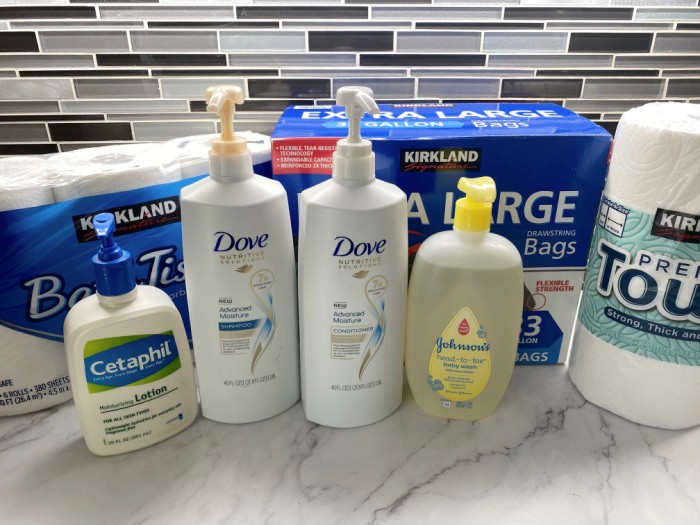
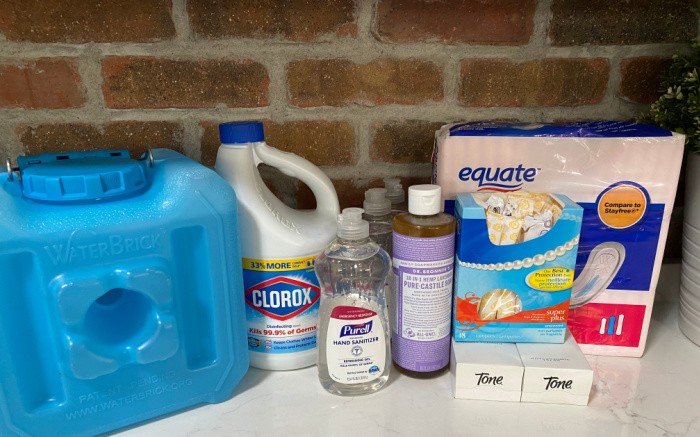
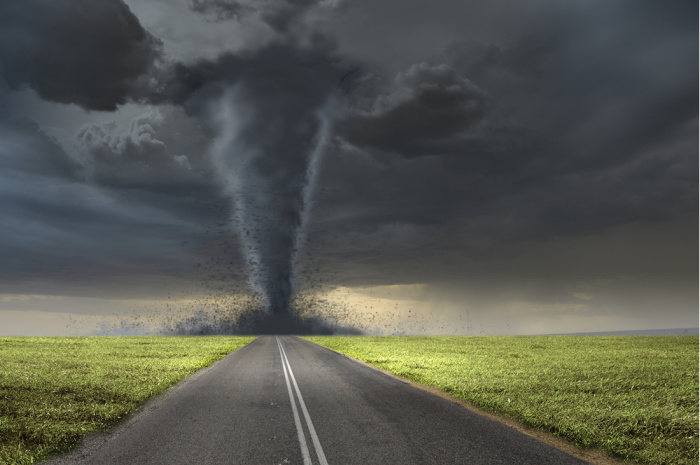

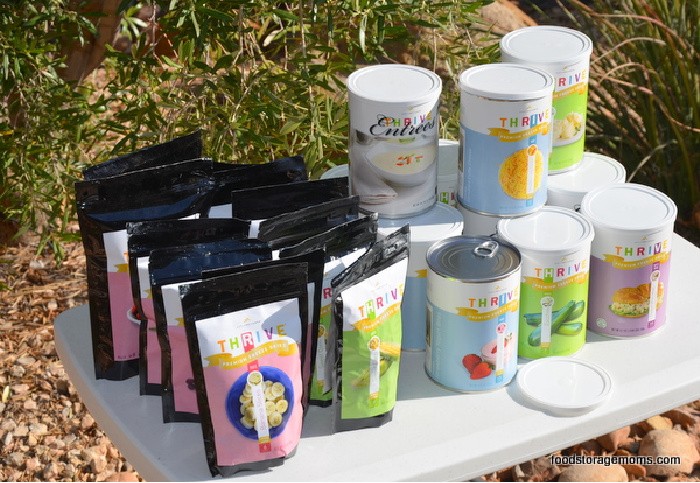
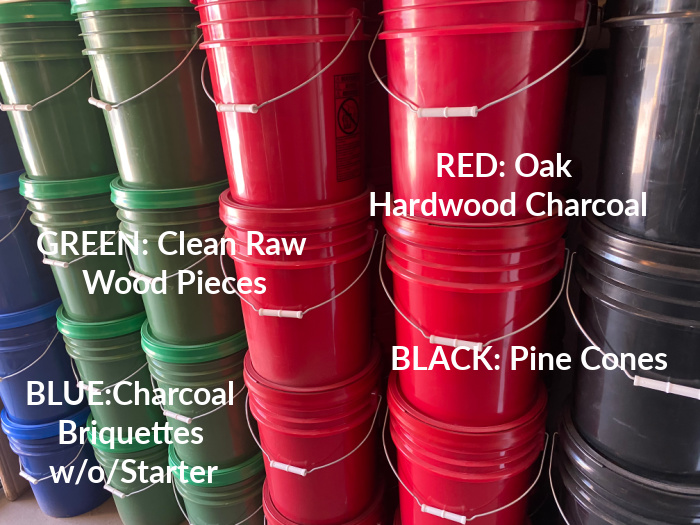













Good stuff
Training, parenting etc starts early. Too many kids know how to use an iPad but don’t know how to (fill in the blank).
Hi Matt, thank you, my friend! I totally agree. We need the kids to have several days without electronics. So many skills are needed. Linda
We are half way thru a blizzard with winds up to 72 MPH. Maybe a detailed article on WHEN to call 911 for adults is in order. Calls asking why your internet is down is NOT a 911 emergency. Why your street has not been plowed when there is a driving ban and even the plow drivers can’t see three feet in front of them is NOT a 911 emergency. When your last minute Christmas package is going to be delivered is NOT a 911 emergency. Calling 911 because your favorite restaurant is not delivering because there is a DRIVING BAN is not a 911 emergency. Two people have died because emergency services could not reach them. Our son is trained in law enforcement, firefighting and emergency services. Stop wasting his time and putting him in danger because of stupid.
…..And a Merry Christmas and Happy New Year to everyone.
HI Chirs, well-made statement! You took the words right out of my mouth. It’s hard to understand WHY people would call 911 for these issues. Merry Chritmas and Happy New Year to all! Great comment/reminder. Linda